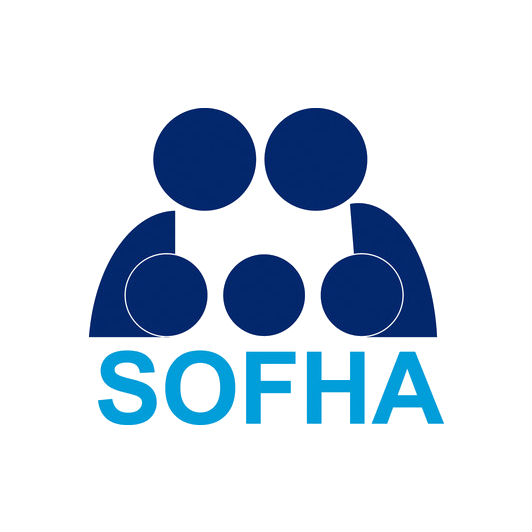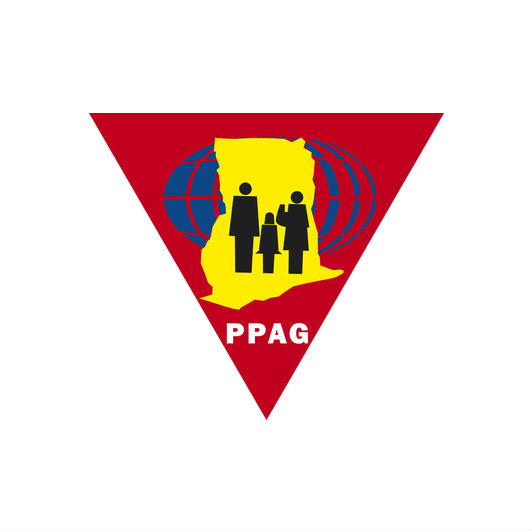

| 31 March 2016
Somaliland Family Health Association
Somaliland has an estimated population of between 3.5 and 4 million people and one of the world’s highest maternal, neonatal and infant mortality levels. Female Genital Mutilation (FGM) is a major problem in Somaliland with a prevalence close to 98%. Literacy rate is around 18% and Unemployment is extremely high with most families receiving remittance from family members abroad to meet their basic needs. Traditionally, the Somali people are nomadic. The infrastructure is very poor in terms of roads, human resources, water and electricity and that increase the difficulty in reaching a population on the move. Nevertheless, with all of those issues, The Somaliland people have demonstrated that they are a resilient, self reliant, consensus building and democratic people with a strong entrepreneurial spirit. Our Vision is a Somaliland in which every member is able and empowered to seek reproductive health information and services. And that those services are safe, available, accessible and affordable. Our mission is to increase the number and quality of services the Somaliland people receive through direct service, advocacy campaigns, trainings and research. Membership stands at around 100 Members representing Parents, midwives, nurses, doctors, youth and religious Leaders. Current Programs include counseling training for nurse/midwives, Every mother must receive birth spacing counseling ( pilot project at Edna Hospital), Islam and modern methods of birth spacing: Workshops with religious leaders, On campus events focusing on FGM, birth spacing, being a young woman and a mother, SRHR resource Library, HIV/AIDS: getting to zero in Somaliland. Partnerships are with the Ministry of Health, Ministry of Religious Affairs and Endowment, Ministry or Social Affairs and Labour, Edna Adan University Hospital, SOLNAC – Somaliland National Aids Commission, SLNMA – Somaliland Nursing and Midwifery Association, PSI International and with UNFPA Contacts Facebook: https://www.facebook.com/Somaliland-Family-Health-Association-SOFHA-582429758521238/

| 31 March 2016
Planned Parenthood Association of Ghana
Ghana is a country which has deep-rooted cultural norms, and structural barriers that perpetuate poor sexual and reproductive health. These include high risks of maternal mortality, high numbers of sexually transmitted infections, including HIV, and low levels of contraceptive use. The Planned Parenthood Association of Ghana (PPAG) was set up in 1967 to provide family planning services to the people of Ghana. Over the years, its work has expanded to cover a whole range of sexual and reproductive health (SRH) services. Today, in addition to basic family planning support, PPAG provides maternal and child health care, infertility management, and voluntary counselling and testing (VCT) for sexually transmitted infections (STIs) including HIV and AIDS. It also provides other SRH services (for example, programmes for the management of erectile dysfunction). PPAG’s operation depends on a team of 103 staff, over 1,000 volunteers, 300 peer educators, 551 community-based distributors (CBDs) and a Youth Action Movement membership of 810 young people. PPAG's delivers services and programmes through 1,356 service points, including 11 permanent clinics, 54 mobile clinics and over 1,000 community-based service points (CBSs). PPAG works with a huge roster of partners, right across government in health, education, HIV and AIDS, youth, and population planning departments. Its civil society networks include over 15 non-governmental organizations. It receives financial support from the Japanese International Cooperation Agency, the Japanese Organization for International Cooperation in Family Planning, UNFPA, the Programme For Appropriate Technology in Health (PATH), the African Youth Alliance (AYA), the Big Lottery Fund (BLF) of UK, DANIDA, the French Embassy, the UK’s Department for International Development (DfID), UNICEF and GTZ. Contacts Website: www.ppag.org.gh Facebook: https://www.facebook.com/Planned-Parenthood-Association-of-Ghana-PPAG-258152110962577/ Twitter: https://twitter.com/ppagghana







